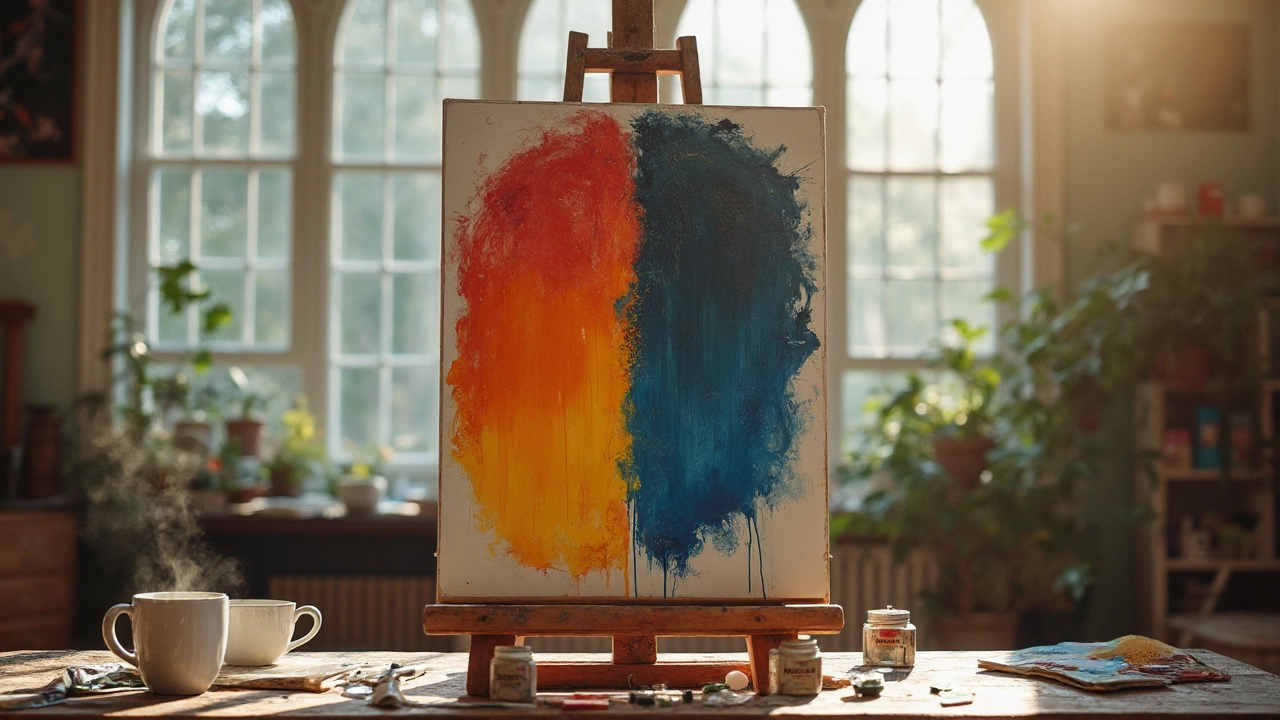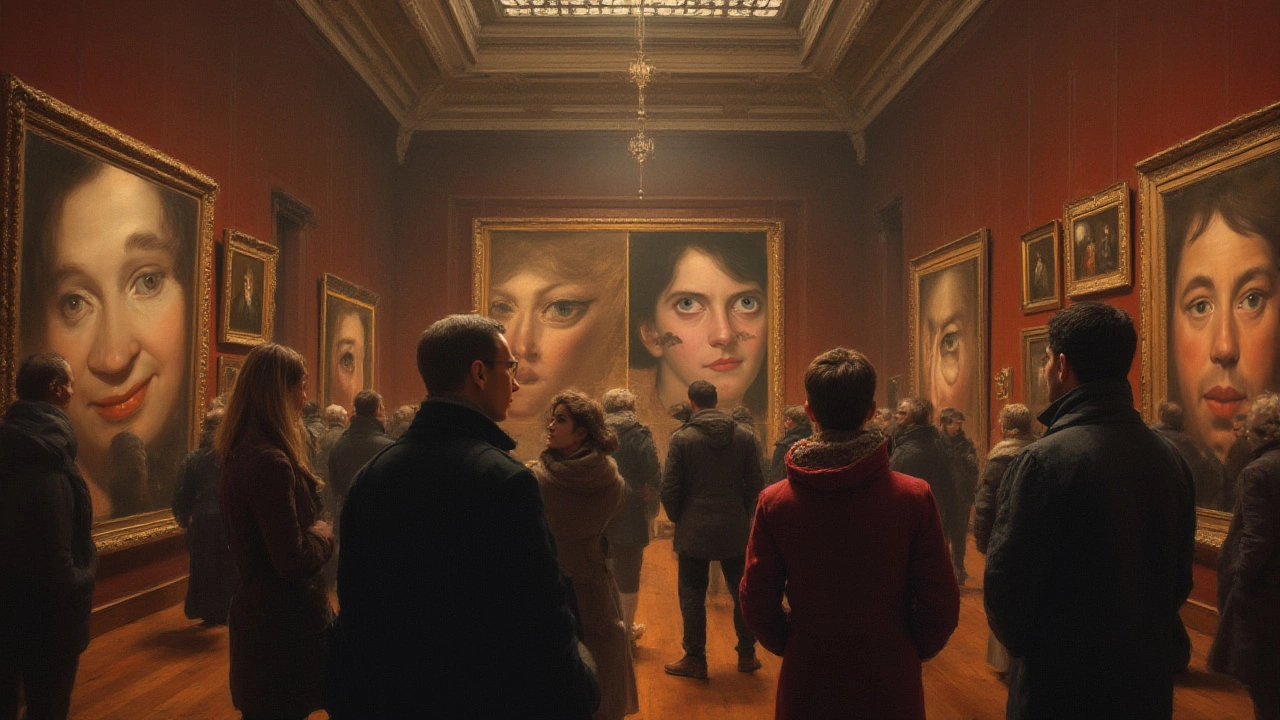Portrait Art – Tips, Prices, and Inspiration
Portrait art is anything that puts a person at the center of the piece. From a classic oil on canvas to a modern digital sketch, the goal is the same: capture a face, an expression, a story. If you’re thinking about getting a portrait made or trying your hand at painting one, you’re in the right place. Below you’ll find practical advice that saves time and money.
How Much Do Portrait Painters Charge?
One of the first questions people ask is, "What will this cost?" In the UK, prices vary a lot depending on the painter’s experience, the size of the work and the medium used. A beginner might charge £150‑£300 for a small headshot in acrylic, while an established artist can ask £1,000 or more for a full‑body oil portrait. The Portrait Painter Prices UK: How Much Do Artists Charge in 2025? article breaks down the typical price ranges and the factors that push a quote up or down.
To keep your budget in check, ask the artist for a detailed estimate. Make sure it lists the size, materials, number of revisions and any travel costs if the painter works on location. Many artists also offer a lower‑priced digital version of the same portrait – a good compromise if you love the idea but need to stay within a tighter budget.
Choosing the Right Background for Your Portrait
The background can either make the subject shine or distract from it. Simple, muted tones often work best because they keep the focus on the face. If you want something more dramatic, consider a subtle texture like a soft fabric or a blurred landscape that hints at the subject’s personality.
Our guide Best Backgrounds for Portrait Painting: What Actually Works gives concrete examples: a charcoal‑gray backdrop for a classic look, a warm earthy tone for a cozy feel, or a bold splash of color if you’re aiming for a contemporary vibe. Test a few options on a small sketch before committing to the final canvas – it’s cheap, fast, and helps you avoid a costly redo.
Don’t forget lighting. A well‑lit subject often needs a background that doesn’t compete with the light source. Use a single light from the side or a softbox at 45 degrees and watch how the background changes. Even a plain white wall can become dramatic with the right shadows.
Finding a Portrait Painter Who Fits Your Style
Modern portrait painters still exist and they’re thriving. The piece Do Portrait Painters Still Exist? Inside the Enduring World of Painted Portraits shares stories of artists who blend traditional techniques with new ideas. Look for a portfolio that matches the vibe you want – whether it’s hyper‑realistic detail or loose, expressive brushwork.
When you contact an artist, ask about their process: do they sketch first, do they work from photographs, how many sittings are needed? Knowing the workflow helps you set realistic expectations and avoid misunderstandings down the line.
Quick Tips for Painting Your Own Portrait
If you prefer to paint yourself, start with a light pencil sketch to get the proportions right. Work from thin to thick – begin with thin washes or glazes and build up the colour gradually. Keep a reference photo handy, but don’t be afraid to tweak details that feel more natural on canvas.
Remember to step back often. A portrait can look perfect up close but feel off from a distance. Use a mirror or take a photo of your work in progress; this gives you a fresh perspective and helps you spot mistakes early.
Portrait art is rewarding whether you commission a pro or paint it yourself. With the right budget knowledge, background choices, and a clear idea of the style you love, you’ll end up with a piece that truly captures the personality you want to showcase.

18 Jun 2025
Thinking about painting a portrait but not sure if acrylic or oil paint is easier to use? This article breaks down the main differences in handling, drying times, and techniques for both mediums. Get real-life tips and hear about some common mistakes to avoid. Find out which paint suits your style and skill level, and how to make each one work for you. Make better choices and get more joy out of your next portrait project.
Continue reading...

